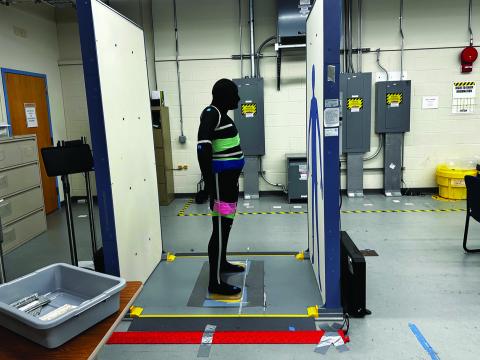Homeland Defenders Hit Hot Topics
The increase of information sharing between agencies is by far the greatest tool the U.S. has to support homeland security and aid in homeland defense.
Joint Warfighting Conference attendees enjoyed the rare opportunity to listen to the former leaders of homeland security and homeland defense in a roundtable discussion moderated by David Hartman, former host of Good Morning America. Hartman asked some of the pointed questions that were on many attendees' minds going from as far back as the institution of the PATRIOT Act through to cyberthreats. The Honorable Michael Chertoff, former DHS secretary, and Adm. Timothy J. Keating, USN (Ret.), former commander, U.S. Pacific Command, agreed that the increase of information sharing between agencies is by far the greatest tool the U.S. has to support homeland security and aid in homeland defense. Hartman also asked for clarification regarding the military role in homeland security. Adm. Keating emphasized that the limitations on the military are clear cut: within the homeland, the military only acts in a supportive role to first responders. That said, the admiral pointed out that one of the issues that must be addressed quickly is the National Guard and particularly the Air National Guard. When the writers of the U.S. Constitution allowed for each state to form its own militia, the role of these organizations was apparent. Now, however, with guardsmen serving not only around the United States' borders but also as far away as Iraq and Afghanistan, its responsibilities are not quite as clear. The topic of cybersecurity brought up a nuance about the topic that has rarely been discussed at technology forums: the issue of intent. Referring specifically to China, Adm. Keating pointed out that the Chinese government can be very aloof in its description of its cyberactivities. While they say they only act in defense of their interests, the definition of "interests" remains unclear. This is an area that requires more study and action, Keating stated. Chertoff agreed and emphasized that a great deal of study about cyberattacks is going on throughout government and academia; however, he believes it is time to move forward on this topic in a more concrete fashion because it is a "very real, consequential threat."




Comments